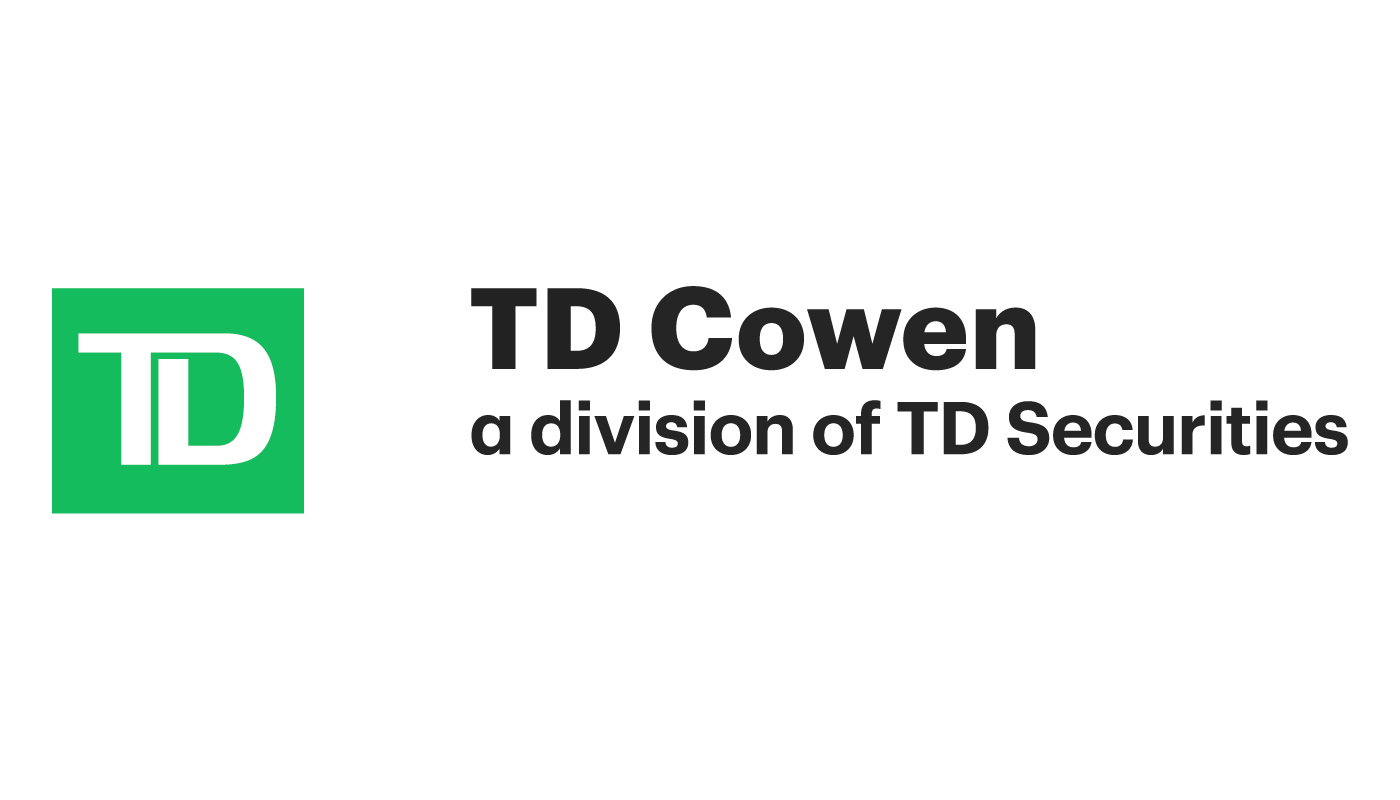Small-business credit cards are increasingly popular business financing options, particularly for entrepreneurs who don’t qualify for traditional business loans or have access to networks filled with deep-pocketed family members, friends, and colleagues. No matter what your business does, a credit card can probably help — as long as you use credit wisely and avoid making purchases your company can’t afford.
Small-business credit cards typically have higher spending limits and more generous rewards programs than consumer cards. Some have additional benefits, such as low APRs, attractive balance transfer promotions, personalized concierge service, and fringe benefits. However, many also require good or excellent credit to qualify and come with annual fees, and if you’re going to pay that much for a credit card, you should pick the one with the best features for your business.
The Best Small-Business Credit Cards Right Now
These are the best small-business credit cards on the market right now. They include a mix of low-interest credit cards, travel rewards credit cards, cash-back credit cards, and general-purpose rewards cards.
Best Flexible Spending Limit: Revenued
Earn up to 3% cash back on eligible purchases after snagging an easy-to-attain sign-up bonus. Plus, lax underwriting means you can be approved even with a low personal FICO score.
Rewards Rate
Up to 3% cash back

Apply Now
Methodology: How We Select the Best Small-Business Credit Cards
We use several important factors to evaluate small-business credit cards. Those that score highest on an acceptable mix of factors earn a spot on this list.
Qualification Requirements
Virtually all small-business credit cards assess applicant creditworthiness.
Some are fine with applicants using their personal credit scores to apply, provided they personally guarantee the account.
Other small-business credit cards ask that applicants have a business credit score before they apply. This is something of a catch-22 for new businesses since it’s hard to build credit without a credit history. But there are ways to do it. For more information, read our article on ways to establish business credit fast.
More selective small-business credit cards typically have minimum revenue and time-in-business requirements as well. These standards weed out new or revenueless enterprises.
Personal Guarantee Requirements
If you’re applying for your first small-business credit card, choose one that accepts a personal guarantee. That’s your ticket into the business credit card world and could help you build business credit over time. But beware. If your account becomes delinquent, your personal credit could suffer.
Rewards Program
Most of the credit cards on this list have a rewards program. We evaluate them based on:
- How generous they are overall
- Which spending categories they reward
- Whether they have any caps or restrictions on earned rewards
- How easy it is to redeem
- What you can redeem for
Earning rewards is the reason many small-business owners sign up for small-business cards, so we take this evaluation seriously.
Sign-Up Bonus (Welcome Offer)
Many of these cards offer bonus rewards for new cardholders. Typically, these sign-up bonuses — also known as welcome offers or early spend bonuses — require hefty upfront spending.
But that’s no sweat for capital-intensive businesses. So all else being equal, we prefer business cards with attractive sign-up bonuses.
Interest Rate & Promotions
Carrying a credit card balance is never ideal, but sometimes, you have no choice — especially when you’re building a business and watching absolutely every penny.
With that in mind, we prefer small-business cards with low regular interest rates and long 0% APR introductory promotions. The latter isn’t as common in the business card world as it is among personal cards, but you can still find 0% APR promotions if you know where to look.
Benefits for Business Users
This is where some business cards really shine. From partnerships with popular business vendors (bookkeeping software, digital storage) to cutting-edge spend reporting and analysis tools, the best business credit cards offer thousands of dollars in annual value to dedicated users. We reward them with high placement on this list.
Annual Fee
Sometimes, you have to spend money to make money. The best business credit cards generally have annual fees, but we prefer those that keep them reasonable — a subjective description if ever there were one.
Other Fees
Other business credit card fees include but aren’t limited to:
- Fees for employee cards
- Foreign transaction fees
- Balance transfer fees
- Cash advance fees
- Late and returned payment fees
Most business cards charge at least some of these fees, so there’s really no such thing as a “fee-free” business credit card. But we prefer cards that keep these fees to a minimum.
Small-Business Credit Card FAQs
It’s normal to have questions about credit cards for your small business. Most of the answers are common sense when you think about it, but it’s reassuring to see them in writing.
How Do You Qualify for a Small-Business Card?
Qualifying for business credit cards is a bit different from qualifying for consumer credit cards. Some issuers simply require you to submit a valid Social Security number and affirm in writing that you’ll use the card exclusively for business purposes.
Such laid-back issuers welcome freelancers and solopreneurs. That’s basically anyone who files a Schedule C at tax time, including people who don’t really think of themselves as business owners.
Some issuers are more strict. They request a federal employer identification number (EIN), seek evidence of incorporation, or ask for financial statements. If you can’t prove you own an incorporated business with legitimate cash flow, you won’t qualify.
Do You Need to Personally Guarantee Your Small-Business Credit Card?
It depends.
You should know before you apply whether you need to personally guarantee your business credit card account. If you don’t have to, you should think very carefully before doing so since it could open you up to considerable personal liability if things go sideways.
That said, you might have no choice. If this is your first business credit card, your business credit history probably isn’t enough to qualify.
Does Using a Small-Business Card Hurt Your Credit Score?
Only if you don’t use it responsibly — or your business falls on hard times. If you keep your credit utilization at a manageable level and pay your bills on time, your small-business credit card could improve your business credit score — or improve your personal credit score if you went that direction.
How High Are Credit Limits on Small-Business Credit Cards?
It depends on several factors:
- Your credit score (personal, business, or both)
- Your business revenue (or personal income, if you’re personally guaranteeing the card)
- Your requested credit limit
- Your time in business
Other factors may come into play as well. The best business credit cards have eye-popping limits, often 20 or 30 times revenue, and business charge cards typically have no preset spending limits at all. But that doesn’t mean they’re appropriate or accessible for your business.
How Much Do Small-Business Credit Cards Cost?
No-annual-fee business cards do exist — there are some on this list. But premium cards charge annual fees ranging from $100 to more than $500.
Final Word
If you still haven’t found a clear business credit card winner, don’t fret. You’re closer to the end of your search than to the beginning.
You just need some perspective. So take a step back and consider:
- Your company’s top spending categories
- How much you spend overall in a typical month or year
- Which benefits you value above all
- Whether you need short-term financing to reach a key milestone
- How many people in your organization are authorized to use a company credit card
Your answers can guide you toward the right card for your needs — or at least a narrower set of potential choices.
The final decision might well come down to gut feeling. But so do plenty of high-stakes business decisions.







































